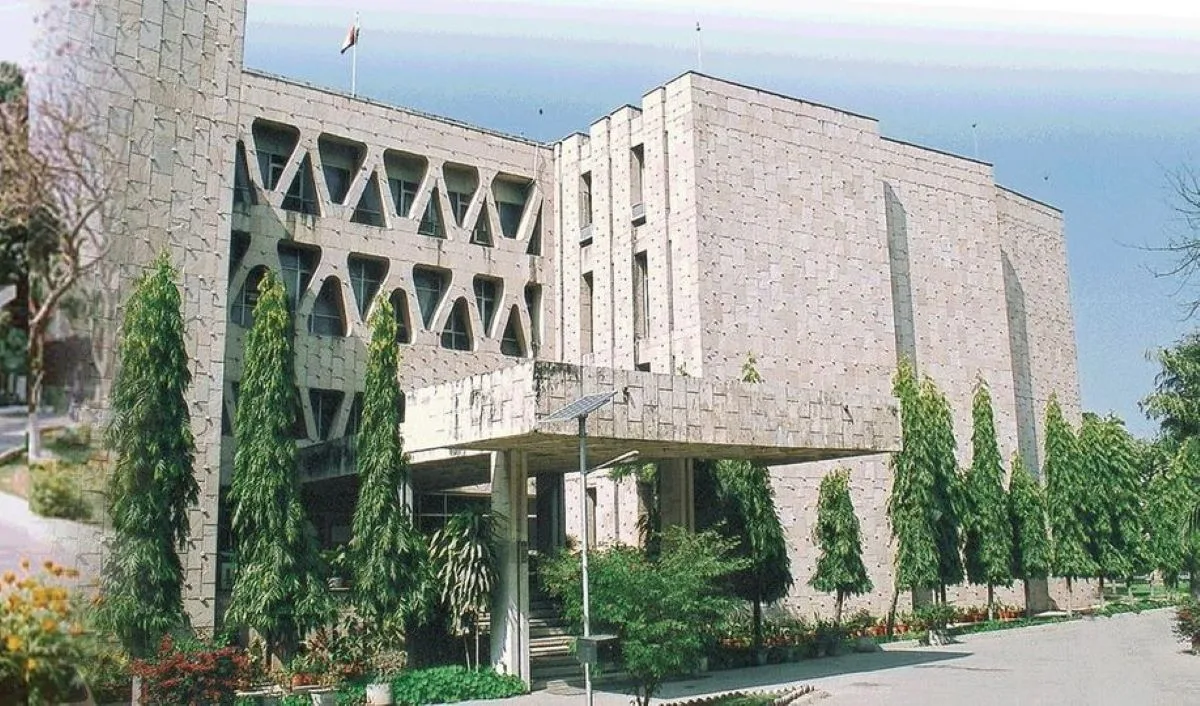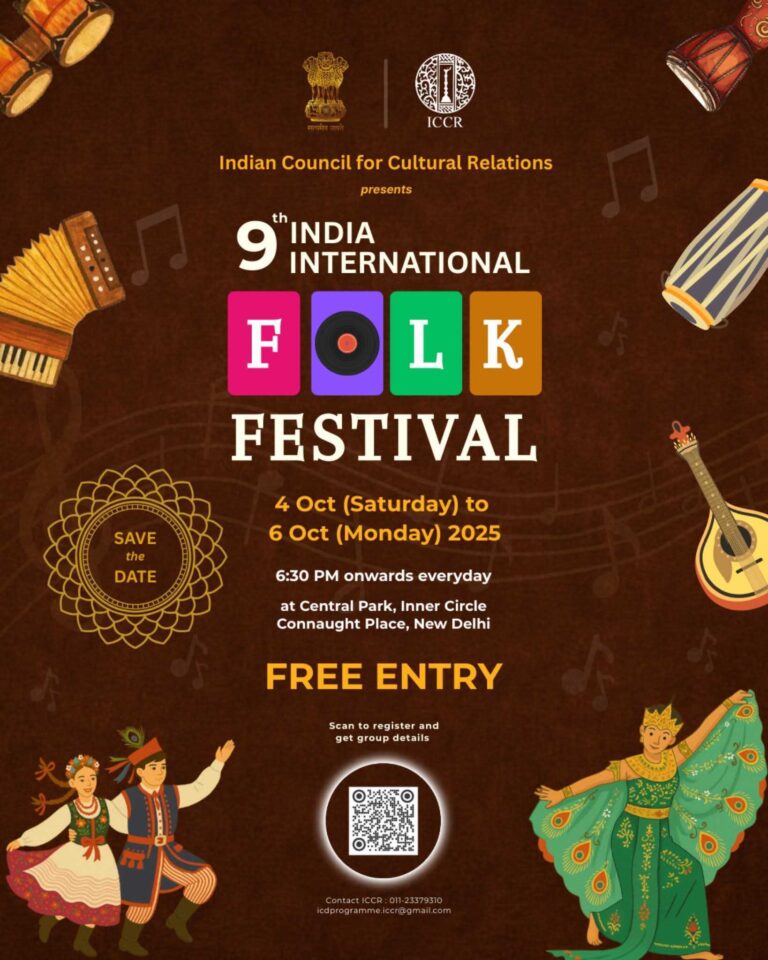
CSIR-NIScPR Hosts Virtual Workshop to Enhance Science Communication in Assamese
To foster effective science communication in Assamese, the CSIR-National Institute of Science Communication and Policy Research (NIScPR) organized a virtual workshop today titled “Interactive and New Approaches to Communicate Science in Assamese.”
The workshop aimed to bring together both aspiring and experienced science communicators in Assamese, creating a network within the field. Participants included leading and budding science communicators, teachers, and researchers from various universities, institutions, and colleges in Assam.


The workshop commenced with an introduction by Dr. Paramananda Barman, Scientist at CSIR-NIScPR and coordinator of the event. Prof. Ranjana Aggarwal, Director of CSIR-NIScPR, delivered the welcome address, elaborating on the institute’s commitment to science communication in Indian languages. Prof. Aggarwal highlighted the SVASTIK initiative, disseminating validated traditional knowledge in 17 Indian languages, and discussed the importance of science communication in regional languages like Assamese, Bodo, and Manipuri.
The Chief Guest, Dr. Dinesh Chandra Goswami, Scientist G (Retd.) at CSIR-NEIST and a prominent science communicator in Assamese, emphasized the use of simple language in popular science writing. He also stressed the importance of providing financial support to budding science communicators to encourage engagement in science writing.
The first technical session of the workshop focused on “Popular Science Writing.” Leading Assamese science communicators, including Dr. Ramesh Chandra Goswami, Dr. PC Tamuly, and Dr. Paban Kumar Sahariah, shared their insights. Dr. Ramesh Chandra Goswami highlighted the significance of popular science writing and shared personal experiences to enhance writing skills.
Dr. PC Tamuly emphasized the importance of science fiction in attracting a wider readership, suggesting the need to read extensively to improve writing skills. Dr. Sahariah elaborated on the necessity of promoting science writing in Indian languages and discussed the use of AI for translations, along with its pitfalls. Ms. Arati Halbe, Managing Editor at Research Matters, provided insights into writing stories in English and Marathi, emphasizing the importance of using local examples and cultural practices.
The second technical session, “Science Filmmaking, Social Media & Podcasts for SciComm,” featured Shri Vivek Kannadi of Science Media Centre, IISER Pune. He highlighted the role of films in science communication, covering essential aspects of filmmaking such as scriptwriting and storyboarding. Dr. Paramananda Barman and his team demonstrated how to create infographics, short videos/reels, and podcasts using free online tools, utilizing examples from the SVASTIK program. The daylong session concluded with a brainstorming discussion on strengthening science communication and outreach strategies in Assamese.
Overall, the workshop provided a platform for knowledge exchange and collaboration among science communicators, reinforcing the importance of effective science communication in regional languages.






